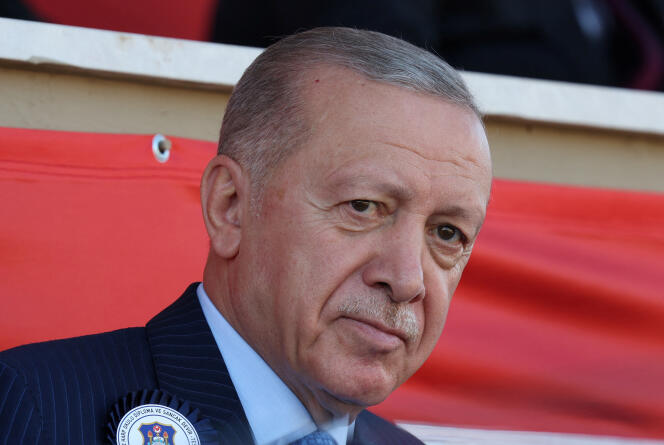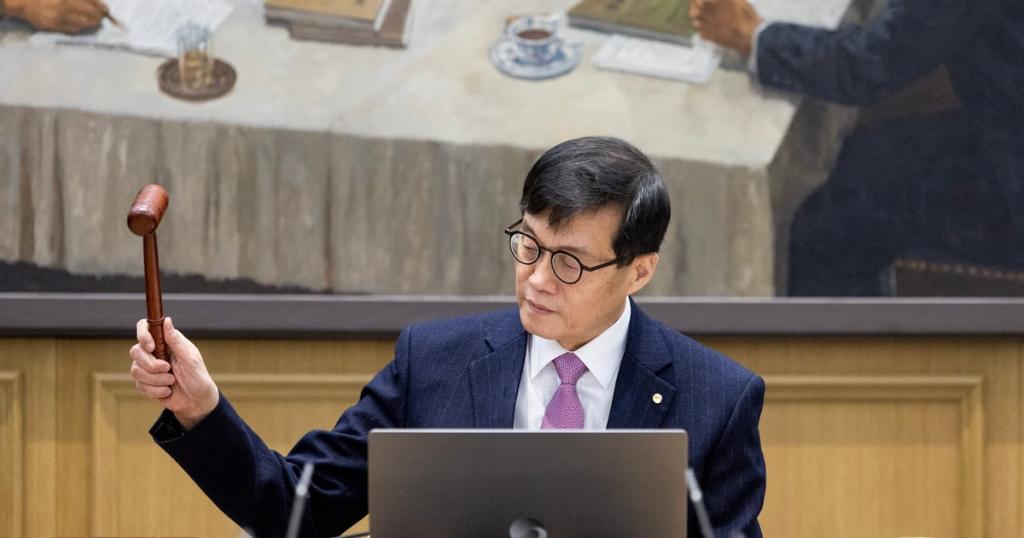Turkey Seeks BRICS Membership Amid Changing Global Alliances
Turkey's pursuit of BRICS membership signals a strategic shift as it seeks stronger global alliances amid stalled EU negotiations and evolving geopolitical dynamics.

Key Points
- Turkey is formally seeking to join BRICS as a strategic move to diversify its international alliances and respond to stalled EU negotiations.
- The country's involvement in BRICS could enhance its energy security by leveraging the bloc's significant control over global oil and gas reserves.
- Turkey's aspiration for BRICS membership reflects its aim to navigate complex geopolitical relationships while balancing ties between Eastern and Western powers.
In a noteworthy move, Turkey has formally expressed its desire to join BRICS, the alliance of emerging economies that includes Brazil, Russia, India, China, South Africa, and more recently, Iran and the
. This initiative marks a significant pivot in Turkey's geopolitical strategy, reflecting its frustration with stagnated negotiations for European Union membership. As Turkey navigates its path in a rapidly changing global environment, let’s explore the implications of this bold step.
A Clear Statement of Intent
Turkey's commitment to join BRICS was recently confirmed by Ömer Çelik, the spokesperson for President Recep Tayyip
’s ruling party, the AKP. He stated, “Our president has clearly expressed that Turkey wants to be part of all important platforms, including BRICS”. This declaration is a clear reflection of Turkey's aspirations to diversify its international alliances and assert a more independent presence on the world stage.

BRICS, originally formed in 2009 by Brazil, Russia, India, and China, has expanded their membership in recent years. Notably, the group has positioned itself as a counterbalance to Western dominance in global economic matters, aiming for a restructured world order. Turkey's anticipated accession to this coalition signifies its desire to play a more influential role among these rising powers.
The Context of Turkey’s Application
Turkey has a long-standing aspiration for EU membership, dating back to its designation as a candidate country in 1999. However, peace talks have stalled, primarily due to disputes surrounding human rights and governance issues within Turkey itself. As negotiations remain frozen, Ankara's decision to pursue BRICS membership echoes its need for alternative partnerships.
Strategically, this engagement with BRICS offers potential economic benefits, particularly as Turkey seeks to bolster its energy security. The BRICS nations collectively control a significant portion of the world’s oil and gas reserves. For Erdogan, aligning with this group could serve to relieve Turkey’s vulnerability stemming from its high dependency on energy imports.
Geopolitical Considerations
Furthermore, Turkey has demonstrated its capacity to balance complex international relationships. By navigating its ties with both Western NATO allies and Eastern BRICS members, Turkey aims to assert itself as a geopolitical bridge between these factions. This dual approach has been evident in Erdogan’s interactions with global leaders, as he skillfully balances Ankara’s interests in regional conflicts while maintaining relations across traditional divides.
Erdogan’s administration believes that Turkey can be “stronger, wealthier, and more effective” by improving ties with both Eastern and Western partners simultaneously. This philosophy reinforces the idea that Turkey sees BRICS not as an alternative to NATO or the EU, but rather as a complementary addition to its diplomatic toolkit.
The Path Ahead: What Does It Mean for Turkey and the West?
The upcoming BRICS summit in Kazan, Russia, this October is likely to become a pivotal moment for Turkey’s aspirations. Discussions about its membership will illuminate the broader dynamics at play: whether BRICS can truly act as a counterweight to Western influence, and how Turkey can shape its role within this framework.
However, Western capitals are watching this movement with skepticism. As a NATO member seeking closer ties with a bloc that includes Russia and China, Turkey's actions are creating unease among its allies, who must consider the implications of Ankara's growing alignment with non-Western powers.
Conclusion
Turkey’s desire to join BRICS showcases a significant shift in its international strategy, driven by stalled EU negotiations and an evolving geopolitical landscape. As Ankara seeks to solidify its standing in the club of emerging economies, it must navigate the delicate balance of maintaining relationships with both East and West. This endeavor could redefine Turkey's position on the global stage, paving the way for new economic opportunities and partnerships.


